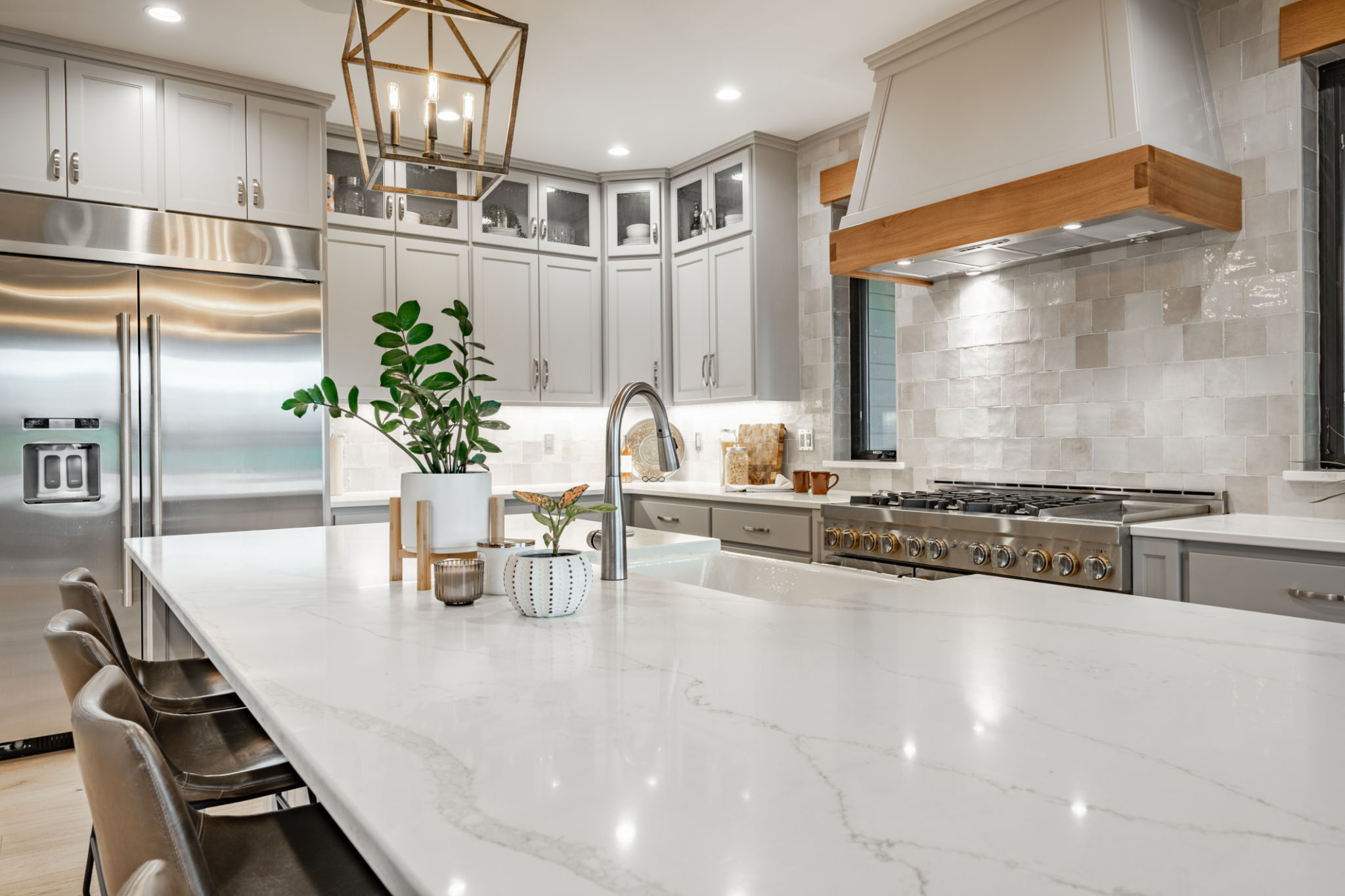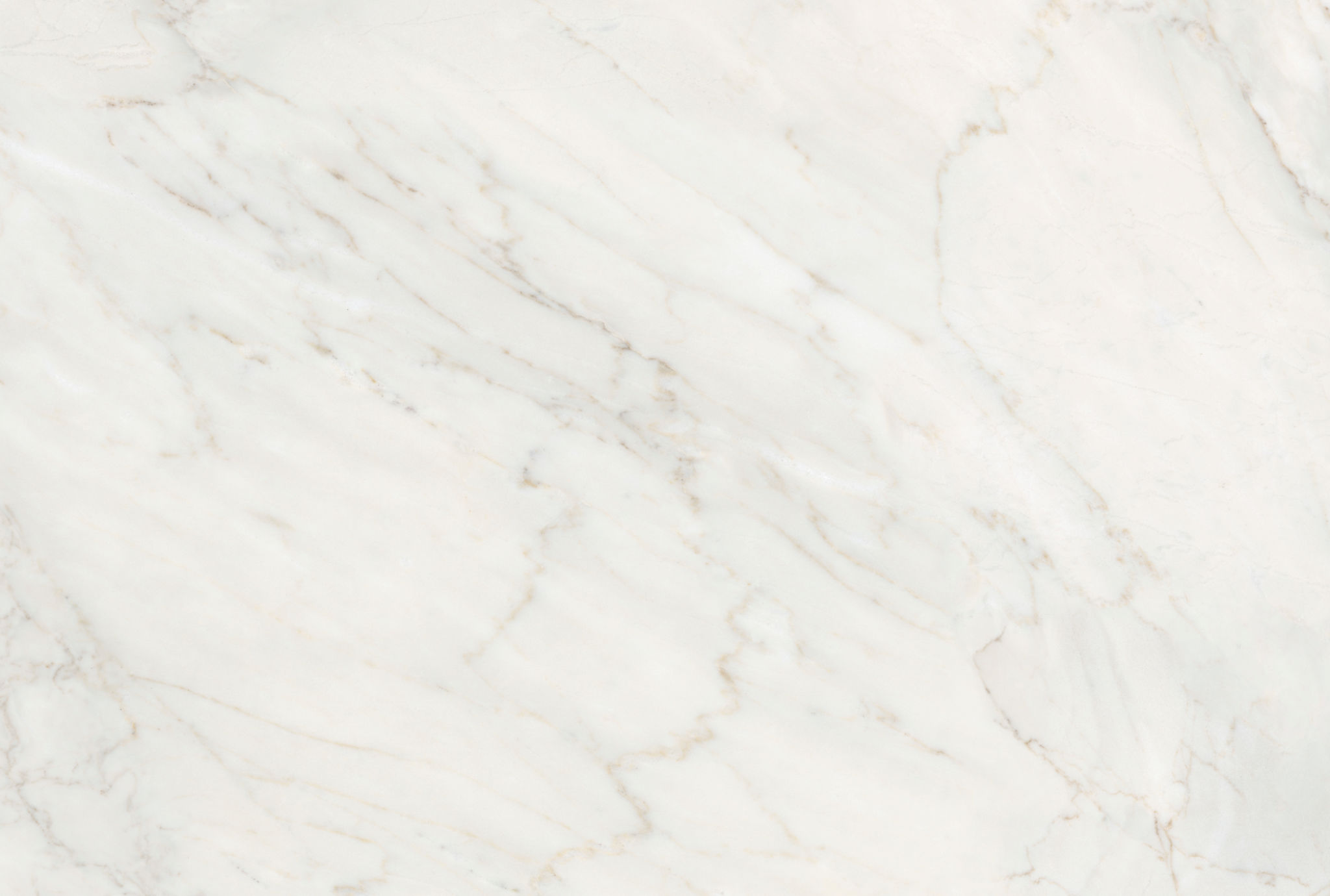Comparing Granite vs. Quartz Countertops: Which is Right for You?
Understanding Granite Countertops
Granite countertops have long been a popular choice for homeowners seeking a natural stone look in their kitchens and bathrooms. Granite is renowned for its durability and unique patterns, making each slab a one-of-a-kind addition to your home. This natural stone is formed from molten lava, cooled and compressed over millions of years, resulting in a remarkably hard and resilient surface.
One of the biggest advantages of granite is its ability to withstand heat, scratches, and general wear and tear. However, it does require periodic sealing to maintain its resistance to stains. The porous nature of granite means that it can absorb liquids if not properly sealed, leading to potential discoloration or staining.

Exploring Quartz Countertops
Quartz countertops, on the other hand, are engineered stone products made from a combination of natural quartz crystals and synthetic materials. This results in a non-porous surface that is highly resistant to stains, scratches, and bacteria. Quartz offers a more uniform look compared to granite, with a wide range of colors and patterns available due to the manufacturing process.
One of the standout features of quartz is its low maintenance requirements. Unlike granite, quartz does not need to be sealed regularly. Its non-porous nature makes it easy to clean and maintain, making it an ideal choice for busy households or commercial spaces that demand both beauty and practicality.

Comparing Aesthetics
When it comes to aesthetics, both granite and quartz offer distinct advantages. Granite’s natural patterns and color variations can add a unique charm and warmth to your space. Each piece tells its own story with veins, specks, and swirls that are impossible to replicate.
In contrast, quartz provides a more consistent appearance, which can be beneficial for those looking for a sleek, modern look. The ability to customize quartz countertops with various pigments means you can achieve almost any color or pattern imaginable, providing versatility in design.

Considering Cost Factors
The cost of granite and quartz countertops can vary depending on factors such as quality, thickness, and installation fees. Generally, granite tends to be less expensive than quartz. However, the price gap has been narrowing as the popularity of quartz has increased.
It's important to consider not only the initial cost but also the long-term investment. Granite may require additional maintenance costs over time due to its need for resealing, whereas quartz's low maintenance nature could result in savings in the long run.
Evaluating Durability
Both granite and quartz are incredibly durable materials. Granite's hardness makes it highly resistant to scratches and heat, which is ideal for kitchen environments where hot pans might be placed directly on the surface.
Quartz is also highly durable but offers additional benefits due to its engineered properties. It's less likely to chip or crack compared to granite, making it a great choice for families with children or high-traffic areas.

Making the Right Choice for Your Home
The decision between granite and quartz ultimately depends on your personal preferences, lifestyle, and budget. If you value a natural look with unique patterns and don’t mind some maintenance, granite might be your ideal choice. However, if you prefer a consistent appearance with minimal upkeep, quartz could be the way to go.
Consider how each material will fit into your daily life and aesthetic goals. Whether you choose the timeless beauty of granite or the modern elegance of quartz, both options offer lasting quality and style that can enhance any home.
